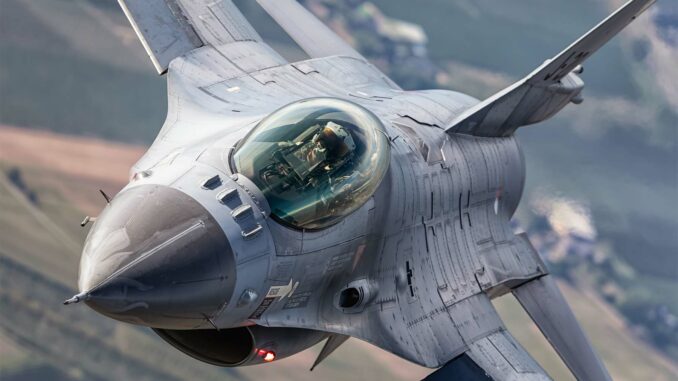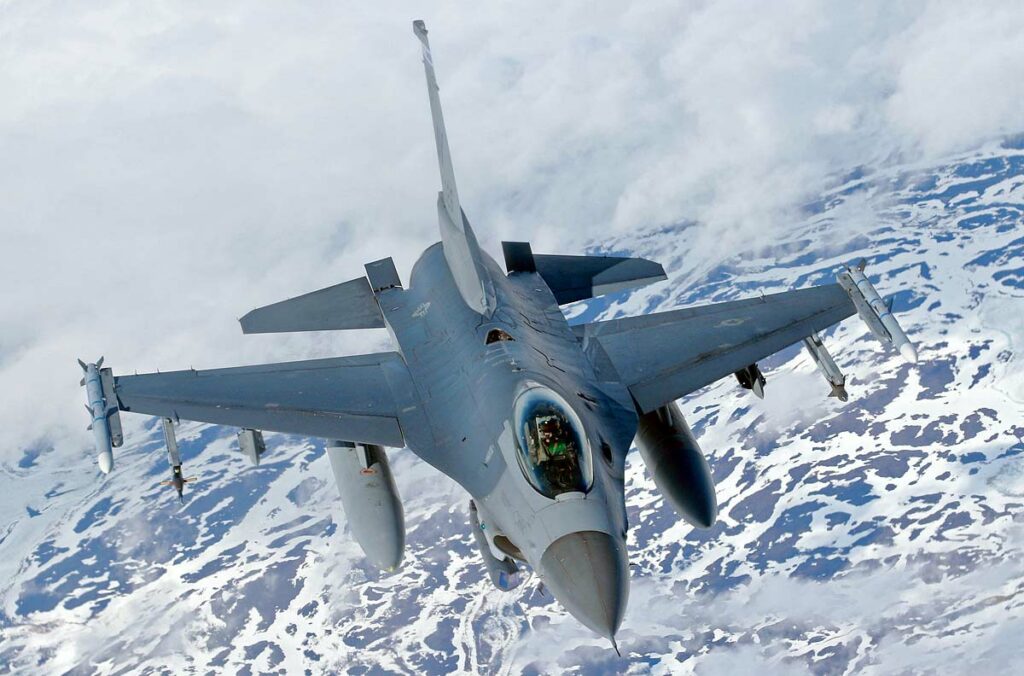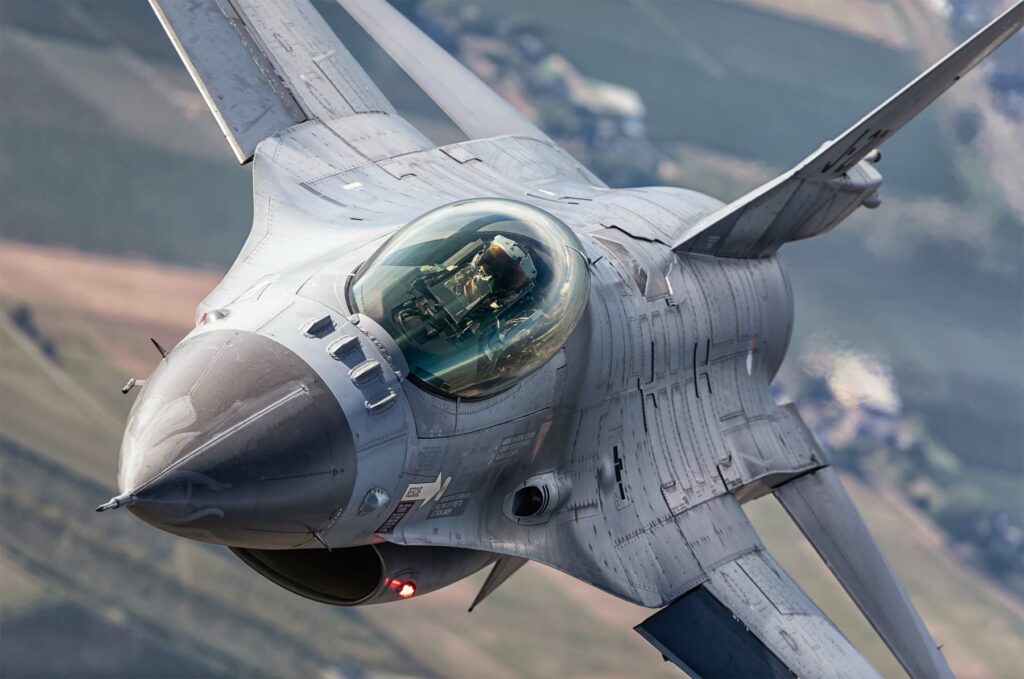
Find out how the defense agreement between Sweden and the USA, offering access to Scandinavian military bases, impacts regional security.
Northern Europe is witnessing a major transformation of its defense landscape. Sweden recently signed a defense cooperation agreement with the United States, giving the latter access to all Scandinavian military bases. This agreement comes at a time when Sweden is considering joining NATO, following in Finland’s footsteps. Swedish Defense Minister Pål Jonson said the agreement would improve Sweden’s ability to receive U.S. support in the event of war or crisis. Signed at the Pentagon by Jonson and US Defense Secretary Lloyd Austin, the agreement marks an important step in strengthening NATO’s capabilities and regional security in the face of growing threats, particularly from Russia.

Strategic agreement: Sweden opens its military bases to the United States
The defense cooperation agreement between Sweden and the United States represents a significant change in Swedish defense policy. It allows US forces to use Swedish military bases, improving logistics and rapid response capability in the event of a crisis. This decision, which facilitates the storage of defense equipment, is a strategic pivot for Sweden, which has long maintained a policy of non-alignment. The island of Gotland in the Baltic Sea, some 300 km from the Russian enclave of Kaliningrad, is of particular strategic importance in this agreement. Its geographical proximity to Russia highlights the need for Sweden to strengthen its defense and secure its borders.
The geopolitical impact of the Sweden-USA rapprochement
This agreement comes against a backdrop of growing tensions in Europe, particularly following Russia’s invasion of Ukraine. Sweden, traditionally neutral, feels the need to reinforce its security in the face of Russia’s growing aggressiveness in the region. Sweden’s potential accession to NATO, along with that of Finland, marks a turning point in Northern European security policy. Cooperation with the USA, and by extension with NATO, is aimed at deterring future aggression and reinforcing regional stability. What’s more, this agreement is in line with similar agreements with other Nordic countries, such as Norway, Denmark and Finland, consolidating a united front in the face of regional threats.
Strengthening Nordic security: challenges and prospects
US access to Swedish military bases has far-reaching implications for regional security. It increases NATO’s ability to intervene rapidly in Scandinavia, and strengthens the defense network against potential threats, particularly from Russia. The increased US military presence in the region could also serve as a counterweight to Russian influence, while highlighting diplomatic tensions, such as those between Sweden and Turkey over Swedish membership of NATO. Turkey’s request to ratify Sweden’s NATO membership in exchange for US approval of the purchase of 40 F-16 fighter jets illustrates the complexity of international relations and ongoing strategic negotiations.
This agreement does not mean that all Swedish military bases will be used by the United States. The Swedish Defense Minister has specified that only those facilities deemed most important from a military point of view will be used to store defense equipment. This targeted approach demonstrates Sweden’s desire to maintain a degree of control over the use of its facilities, while enjoying the support of the United States.

The defense cooperation agreement between Sweden and the USA marks an important strategic turning point for security in Northern Europe. By opening its military bases to the United States, Sweden is strengthening its defensive posture against a backdrop of heightened regional tensions. This move, while promoting Sweden’s potential integration into NATO, underlines the growing importance of military alliances in meeting the security challenges of the 21st century.
War Wings Daily is an independant magazine.